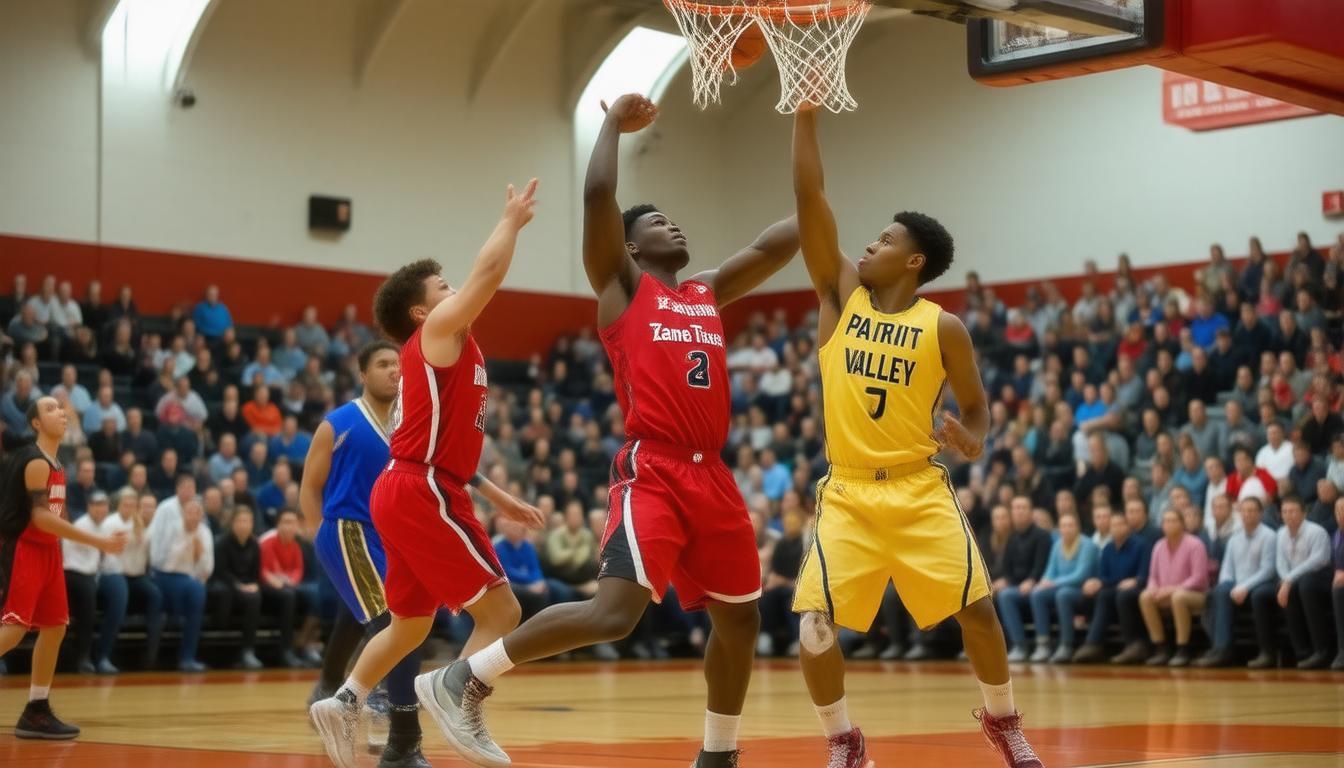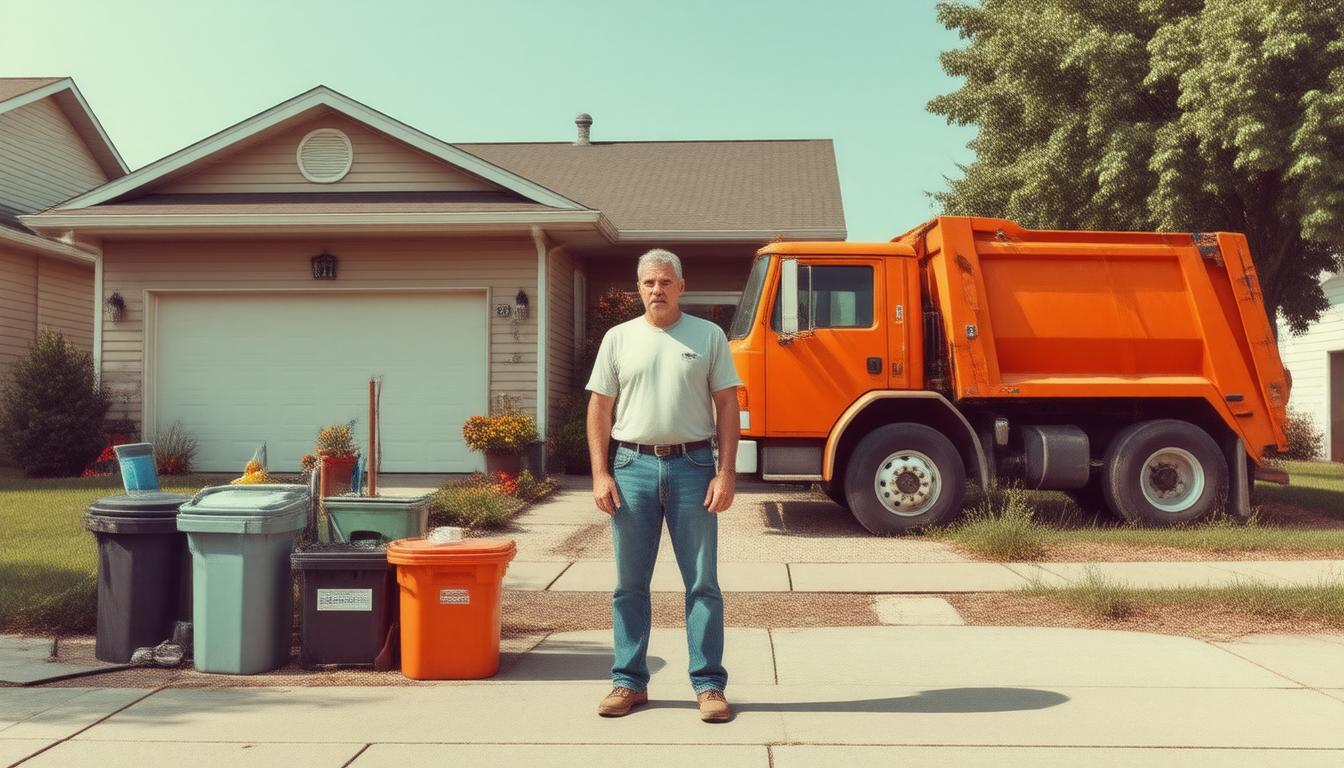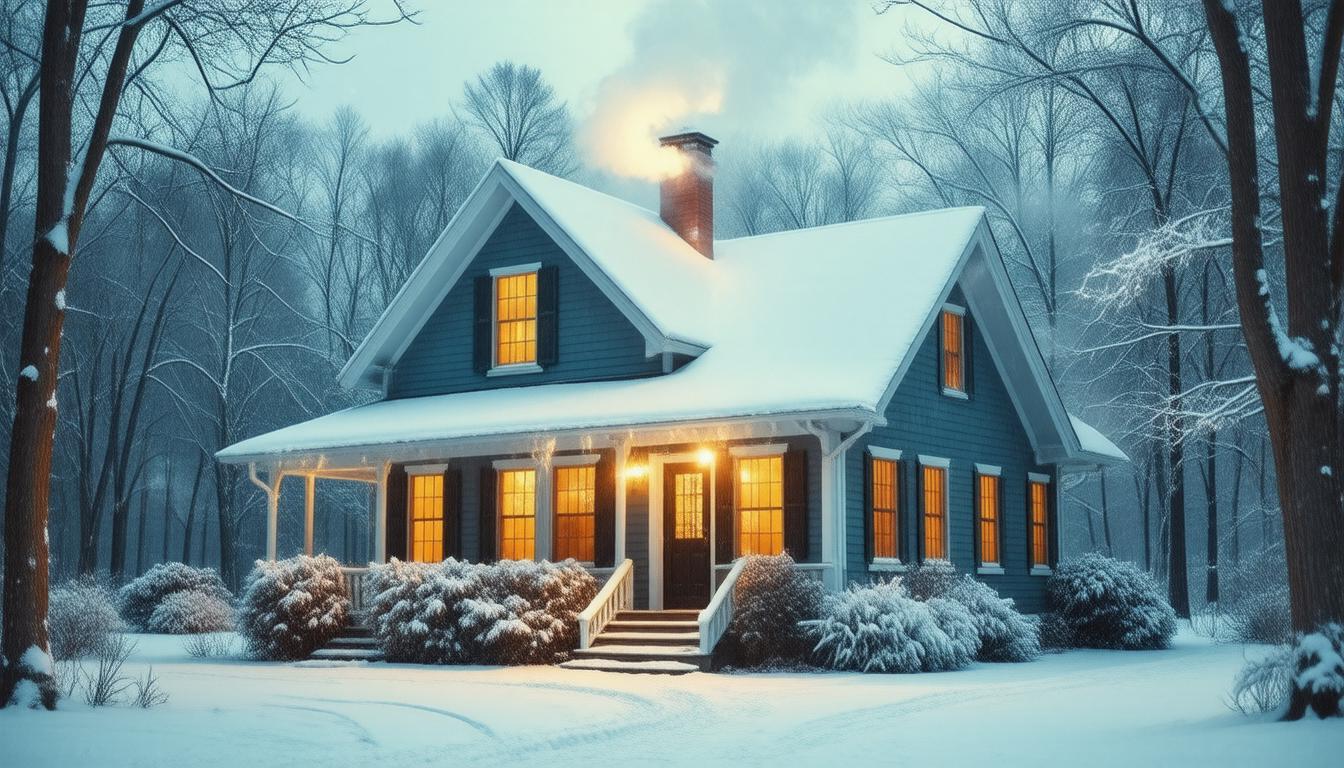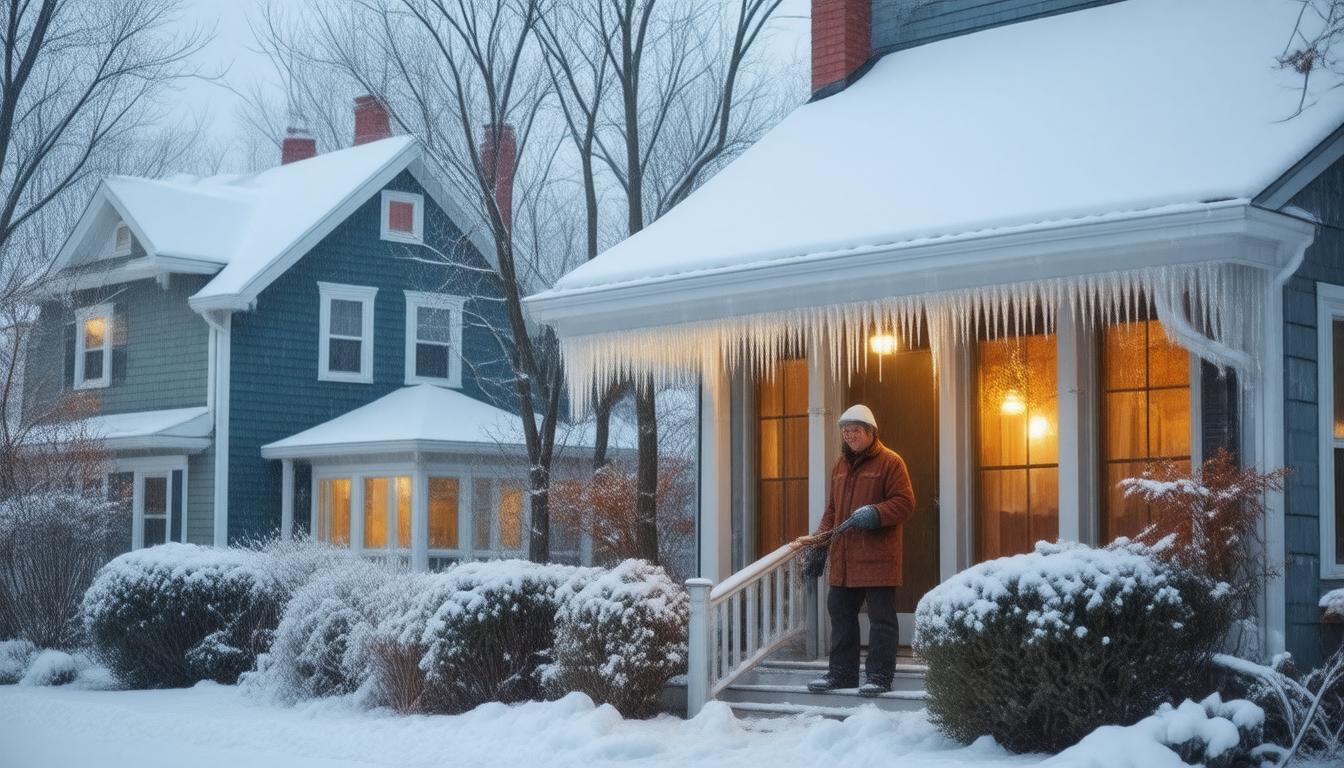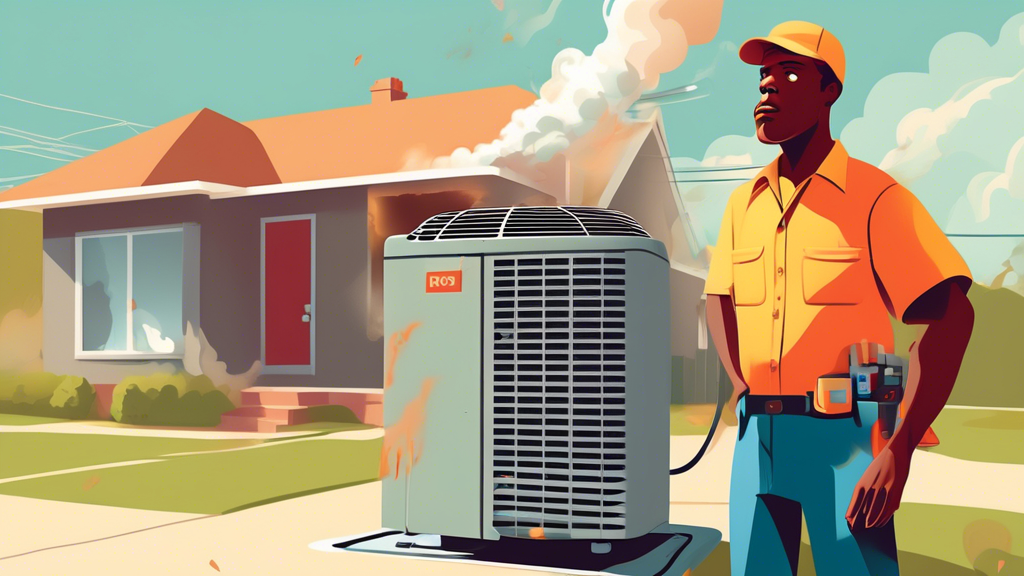

Understanding HVAC System Failures
Heating, Ventilation, and Air Conditioning (HVAC) systems are essential components in maintaining a comfortable and healthy indoor environment. However, like all mechanical systems, HVAC units are prone to failures that can cause discomfort, lead to increased energy costs, and even pose safety risks. Understanding the common causes and ramifications of HVAC system failures can help in preventive maintenance and timely repairs.
Common Causes of HVAC System Failures
Lack of Regular Maintenance
Regular maintenance is crucial for the efficient operation of any HVAC system. Over time, dust and debris can accumulate in the filters and ducts, obstructing airflow and forcing the system to work harder than necessary. Neglecting routine maintenance tasks like changing filters, cleaning coils, and checking refrigerant levels can significantly shorten the lifespan of the unit.
Electrical Issues
Electrical problems, such as faulty wiring, capacitor failures, or tripped circuit breakers, are a frequent cause of HVAC failures. Such issues can prevent the system from turning on or cause intermittent operation. Electrical problems can also be hazardous, posing fire risks if not addressed promptly.
Refrigerant Leaks
Refrigerant is vital for the cooling process in an HVAC system. Leaks in the refrigerant lines can lead to reduced cooling capacity and increased energy consumption. Not only does this compromise comfort, but it also puts additional strain on the compressor, potentially leading to a more significant failure if left unchecked.
Thermostat Malfunctions
The thermostat is the control center of an HVAC system. Malfunctions or inaccuracies in thermostat readings can cause the system to operate inefficiently, running too frequently or failing to reach the desired temperature. Replacing or recalibrating faulty thermostats can often resolve these issues.
Consequences of HVAC System Failures
Increased Energy Costs
A failing HVAC system often consumes more energy as it struggles to perform its functions. Whether due to obstructed airflow, refrigerant leaks, or electrical issues, inefficiencies in the system can result in significantly higher utility bills. Regular maintenance and timely repairs are critical to keeping energy costs under control.
Poor Indoor Air Quality
HVAC failures can have a direct impact on indoor air quality. For instance, dirty filters and ducts can circulate dust, allergens, and other contaminants throughout the living space, exacerbating allergies and respiratory issues. Ensuring that the system is clean and functioning correctly is essential for maintaining a healthy indoor environment.
Discomfort and Inconvenience
An HVAC system failure can lead to significant discomfort, particularly during extreme weather conditions. A malfunctioning heater in the winter or a faulty air conditioner in the summer can create an unpleasant and potentially unsafe living environment. Addressing issues promptly can help maintain a consistent and comfortable indoor climate.
Costly Repairs and Replacements
Ignoring minor issues can lead to more severe problems that require expensive repairs or even a complete system replacement. Regular inspections and preventive maintenance can identify potential problems early, allowing for more cost-effective solutions and extending the lifespan of the HVAC system.
Preventive Measures and Solutions
Regular Maintenance
Scheduling regular maintenance with a qualified HVAC technician is one of the most effective ways to prevent system failures. Routine checks should include inspecting and cleaning filters, ducts, and coils, as well as verifying refrigerant levels and ensuring all electrical components are functioning correctly.
Monitor System Performance
Homeowners can also play a role in preventing HVAC failures by monitoring system performance. Unusual sounds, odors, or fluctuations in temperature can be early indicators of potential issues. Addressing these signs promptly can prevent more serious problems down the line.
Upgrade and Replacement
Older HVAC systems are more prone to failures and inefficiencies. Upgrading to a modern, energy-efficient system can provide better performance and reliability, ultimately saving on energy costs and reducing the likelihood of unexpected failures.
Invest in Smart Thermostats
Smart thermostats offer improved accuracy and control, allowing for more efficient operation of the HVAC system. These devices can be programmed to adjust temperatures based on occupancy patterns, further optimizing energy use and reducing wear and tear on the system.
Conclusion
HVAC system failures are more than just an inconvenience; they can lead to increased energy costs, poor indoor air quality, and potentially expensive repairs. Understanding the common causes and consequences of these failures can help homeowners take proactive measures to maintain their systems. Regular maintenance, monitoring performance, and considering upgrades are crucial strategies for ensuring a reliable and efficient HVAC system.



